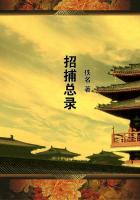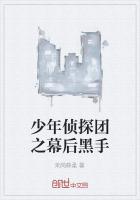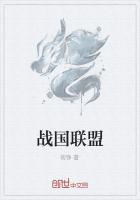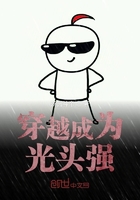The Arched Window
FROM the inertness, or what we may term the vegetative character, of his ordinary mood, Clifford would perhaps have been content to spend one day after another, interminably,--or, at least, throughout the summer-time,--in just the kind of life described in the preceding pages. Fancying, however, that it might be for his benefit occasionally to diversify the scene, Phoebe sometimes suggested that he should look out upon the life of the street. For this purpose, they used to mount the staircase together, to the second story of the house, where, at the termination of a wide entry, there was an arched window, of uncommonly large dimensions, shaded by a pair of curtains. It opened above the porch, where there had formerly been a balcony, the balustrade of which had long since gone to decay, and been removed. At this arched window, throwing it open, but keeping himself in comparative obscurity by means of the curtain, Clifford had an opportunity of witnessing such a portion of the great world's movement as might be supposed to roll through one of the retired streets of a not very populous city. But he and Phoebe made a sight as well worth seeing as any that the city could exhibit. The pale, gray, childish, aged, melancholy, yet often simply cheerful, and sometimes delicately intelligent aspect of Clifford, peering from behind the faded crimson of the curtain, --watching the monotony of every-day occurrences with a kind of inconsequential interest and earnestness, and, at every petty throb of his sensibility, turning for sympathy to the eyes of the bright young girl!
If once he were fairly seated at the window, even Pyncheon Street would hardly be so dull and lonely but that, somewhere or other along its extent, Clifford might discover matter to occupy his eye, and titillate, if not engross, his observation. Things familiar to the youngest child that had begun its outlook at existence seemed strange to him. A cab; an omnibus, with its populous interior, dropping here and there a passenger, and picking up another, and thus typifying that vast rolling vehicle, the world, the end of whose journey is everywhere and nowhere;these objects he followed eagerly with his eyes, but forgot them before the dust raised by the horses and wheels had settled along their track. As regarded novelties (among which cabs and omnibuses were to be reckoned), his mind appeared to have lost its proper gripe and retentiveness. Twice or thrice, for example, during the sunny hours of the day, a water-cart went along by the Pyncheon House, leaving a broad wake of moistened earth, instead of the white dust that had risen at a lady's lightest footfall; it was like a summer shower, which the city authorities had caught and tamed, and compelled it into the commonest routine of their convenience. With the water-cart Clifford could never grow familiar; it always affected him with just the same surprise as at first. His mind took an apparently sharp impression from it, but lost the recollection of this perambulatory shower, before its next reappearance, as completely as did the street itself, along which the heat so quickly strewed white dust again.
It was the same with the railroad. Clifford could hear the obstreperous howl of the steam-devil, and, by leaning a little way from the arched window, could catch a glimpse of the trains of cars, flashing a brief transit across the extremity of the street. The idea of terrible energy thus forced upon him was new at every recurrence, and seemed to affect him as disagreeably, and with almost as much surprise, the hundredth time as the first.
Nothing gives a sadder sense of decay than this loss or suspension of the power to deal with unaccustomed things, and to keep up with the swiftness of the passing moment. It can merely be a suspended animation; for, were the power actually to perish, there would be little use of immortality. We are less than ghosts, for the time being, whenever this calamity befalls us.
Clifford was indeed the most inveterate of conservatives. All the antique fashions of the street were dear to him; even such as were characterized by a rudeness that would naturally have annoyed his fastidious senses. He loved the old rumbling and jolting carts, the former track of which he still found in his long-buried remembrance, as the observer of to-day finds the wheel-tracks of ancient vehicles in Herculaneum. The butcher's cart, with its snowy canopy, was an acceptable object; so was the fish-cart, heralded by its horn; so, likewise, was the countryman's cart of vegetables, plodding from door to door, with long pauses of the patient horse, while his owner drove a trade in turnips, carrots, summer-squashes, string-beans, green peas, and new potatoes, with half the housewives of the neighborhood.















